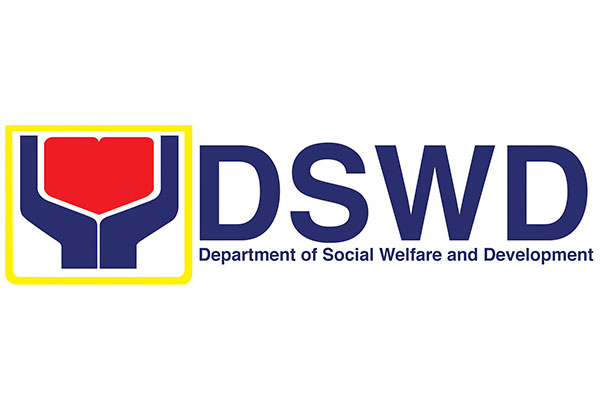The Department of Social Welfare and Development (DSWD) on Saturday, Jan. 20, welcomed the issuance of Executive Order (EO) No. 52 from Malacañang, which institutionalizes and expands the agency's "Oplan Pag-Abot" program.

The initiative seeks to engage with families, children, and individuals experiencing homelessness on the streets, offering them essential interventions and support.
RELATED STORY:
https://mb.com.ph/2023/8/16/dswd-to-intensify-street-rescue-efforts-as-ber-months-draw-near
DSWD Assistant Secretary for Strategic Communications Romel Lopez, who also serves as the agency's spokesperson, underscored their enthusiasm for taking the lead role for this program.
He emphasized the commitment to ensuring the effective delivery of services to individuals facing disadvantage and vulnerability while residing on the streets.
"We also thank President Marcos for recognizing the significance of this initiative pioneered by DSWD Secretary Rex Gatchalian by institutionalizing it through EO 52," Lopez said.
The EO was signed last Jan. 18 by Executive Secretary Lucas Bersamin.
"EO No. 52 provides for the creation of an Inter-Agency Committee (IAC) for Oplan Pag-Abot which aims to further enhance and unify the delivery of services to vulnerable and disadvantaged sectors in street situations through the provision of social safety nets," DSWD said in a statement.
According to the official order, the creation of the Inter-Agency Committee (IAC) for Oplan Pag-Abot will be chaired by the Secretary of the DSWD, with the Department of the Interior and Local Government (DILG) serving as the vice chair.
The committee's members will encompass the secretaries of the departments of agriculture, labor, health, budget, and education, along with the director general of the Technical Education and Skills Development Authority (TESDA), the chairperson of the Presidential Commission for the Urban Poor (PCUP), the president and chief executive officer of the Small Business Corp., and the administrator of the Cooperative Development Authority (CDA).
Meanwhile, Lopez pointed out that "the DSWD is ready to undertake the necessary steps for the expansion and institutionalization of the reach-out operations for children, individuals, and families who are staying and living on the streets."
"With this EO, we are assured that the current efforts of the DSWD's Pag-Abot Team are complemented with various services and assistance packages to be provided by the member and concerned agencies," Lopez added.
Moreover, it is written with the EO that "the Inter-Agency Committee shall develop an integrated monitoring framework and a digital monitoring system containing a database of verified individual, family and community beneficiaries, which shall measure and capture all developed deliverable areas and indicators."
The Inter-Agency Committee was tasked with developing a comprehensive and integrated sustainability plan as part of its responsibilities.
Additionally, they are assigned to formulate a strategic communication plan aimed at educating the public and promoting supportive policies at the local level.
This effort is carried out in collaboration with the Presidential Communications Office.
Initiated in July 2023 as a key program under the leadership of Secretary Gatchalian, Oplan Pag-Abot is currently underway in Metro Manila.
The program aims to engage with individuals residing and temporarily staying on the streets, offering suitable interventions as well as opportunities to enhance their social and economic standing while ensuring the realization of their fundamental rights.
RELATED STORY:
https://mb.com.ph/2023/12/19/dswd-rescues-1-400-individuals-in-street-situations
Furthermore, according to the EO, " the inter-agency committee is required to engage and consult the local government units (LGUs) and other government agencies in policy formulation and program implementation, as well as coordinate and seek support from the private sector, relevant stakeholders, advocacy groups, and non-government organizations."